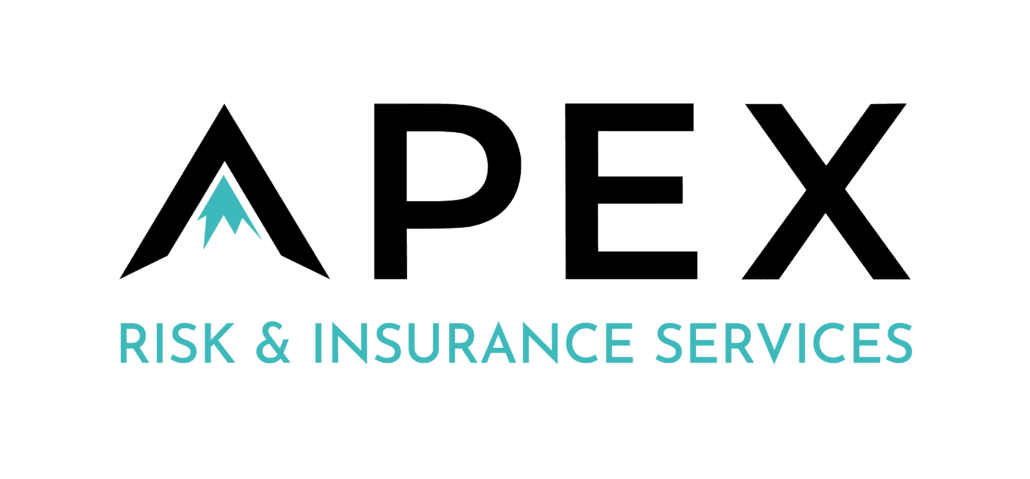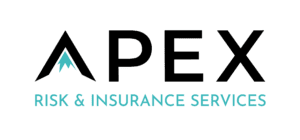How Much Insurance Does My Business Need?
One of the most important decisions you’ll make for your business is how much insurance coverage you need. Insurance protects your business from a wide range of risks, including property damage, liability claims, and employee injuries. But figuring out exactly how much insurance to buy can be challenging.
Watch the video below as Peter Katkov, the founder of Apex Risk and Insurance Services, dives into all the details:
Let’s go through the key factors to consider when deciding how much insurance coverage your business needs.
Business Insurance: Key Factors to Consider
Determining insurance coverage for your business can be a daunting task. Knowing several key factors will make the process more manageable.
Industry-specific Risks:
The amount of insurance coverage you need will depend on the specific risks associated within your industry. For example, a construction company will need more liability coverage than a marketing firm, while a tech startup may require more cybersecurity insurance than a retail store.
Size of your Business:
Consider the size of your business when determining how much insurance coverage you need. Generally, the larger your business, the more insurance coverage you’ll need to protect against potential risks.
Business Assets:
Consider the value of your business assets when determining how much insurance coverage you need. This includes your physical assets such as equipment, inventory, and property, as well as intangible assets like intellectual property.
Revenue and Profits:
Revenue and profits impact your insurance needs. Generally, the more revenue and profits your business generates, the more insurance coverage you’ll need to protect against potential losses.
Legal Requirements:
Legal requirements for insurance coverage vary depending on your industry and location. Some states and industries have specific insurance requirements, such as workers’ compensation insurance for employees.
Potential risks and losses:
Factor in the potential risks and losses your business could face when deciding how much insurance coverage to purchase. For example, if your business operates in a high-risk area prone to natural disasters or theft, you will need more coverage to protect against these risks.
Customer contracts and requirements:
If your business works with clients or customers, you may need to meet certain insurance requirements outlined in your contracts. For example, a client may require that you have a certain level of liability insurance before they will work with you.
Employee Safety and Wellbeing:
Your employees’ safety and wellbeing should always be considered when deciding on insurance coverage. Adequate workers’ compensation insurance can provide protection for your employees in case of injury or illness on the job.
Business Growth and Changes:
As your business grows and changes over time, so will your insurance needs . It’s important to regularly review your insurance coverage to ensure that it’s keeping up with your business’s evolving needs.
Risk Management Strategies:
While insurance provides valuable protection for your business, it’s also important to implement risk management strategies to prevent losses from occurring in the first place. This includes safety protocols, training employees, and regularly reviewing and updating your policies and procedures.
Once you’ve considered these factors, you can work with an insurance agent to determine the appropriate level of coverage for your business. It’s best to err on the side of caution and purchase more coverage than you think you’ll need, as it can provide added protection against unforeseen events that would otherwise cripple your business.
Types of Insurance To Consider
When it comes to protecting your business, it’s crucial to understand the different types of insurance coverage available. While the specific types and amount of coverage you need will depend on the unique risks and needs of your business, here are some common types of insurance coverage to consider:
Liability insurance:
Liability insurance provides coverage for damages that your business may be held liable for, such as bodily injury or property damage caused by your products, services, or employees. This type of insurance can also cover legal fees and court costs if your business is sued.
Property insurance:
Property insurance provides coverage for damage to your business’s property, such as your building, equipment, inventory, and other assets. This type of insurance can also cover losses due to events like theft, fire, or natural disasters.
Workers’ compensation insurance:
Workers’ compensation insurance provides coverage for employees who are injured or become ill as a result of their job. This type of insurance can cover medical expenses, lost wages, and rehabilitation costs for employees who are injured on the job.
Business interruption insurance:
Business interruption insurance provides coverage for lost income and expenses if your business is forced to temporarily shut down due to a covered event, such as a fire or natural disaster.
Cyber liability insurance:
Cyber insurance, also called cyber security or cyber liability insurance, covers businesses against losses resulting from data breaches. This form of insurance primarily applies to businesses that run secure networks as part of their daily operations.
Read on to learn more about cyber insurance.
Professional liability insurance:
Professional liability insurance provides coverage for damages resulting from professional errors or negligence, such as mistakes made by doctors, lawyers, or other professionals.
Where Can I Find Commercial Insurance in San Diego?
Apex was founded to fill the service and consultative gap left by agency consolidations in the insurance marketplace. These consolidations have left customers who are used to a boutique service approach with no personal connection to their team.
Apex brings the high-touch service proposition back to San Diego businesses and beyond.
At Apex Risk & Insurance Services, we use the Apex Proven Process to learn about your business, strategize to assemble the right program for you, and use our deep industry and market knowledge to leverage the best pricing and coverage.
This leaves small business owners with more time to do what they do best: Run their business knowing that their company and employees are protected.
Check out our commercial insurance policies, then, read on to learn what makes us different.










